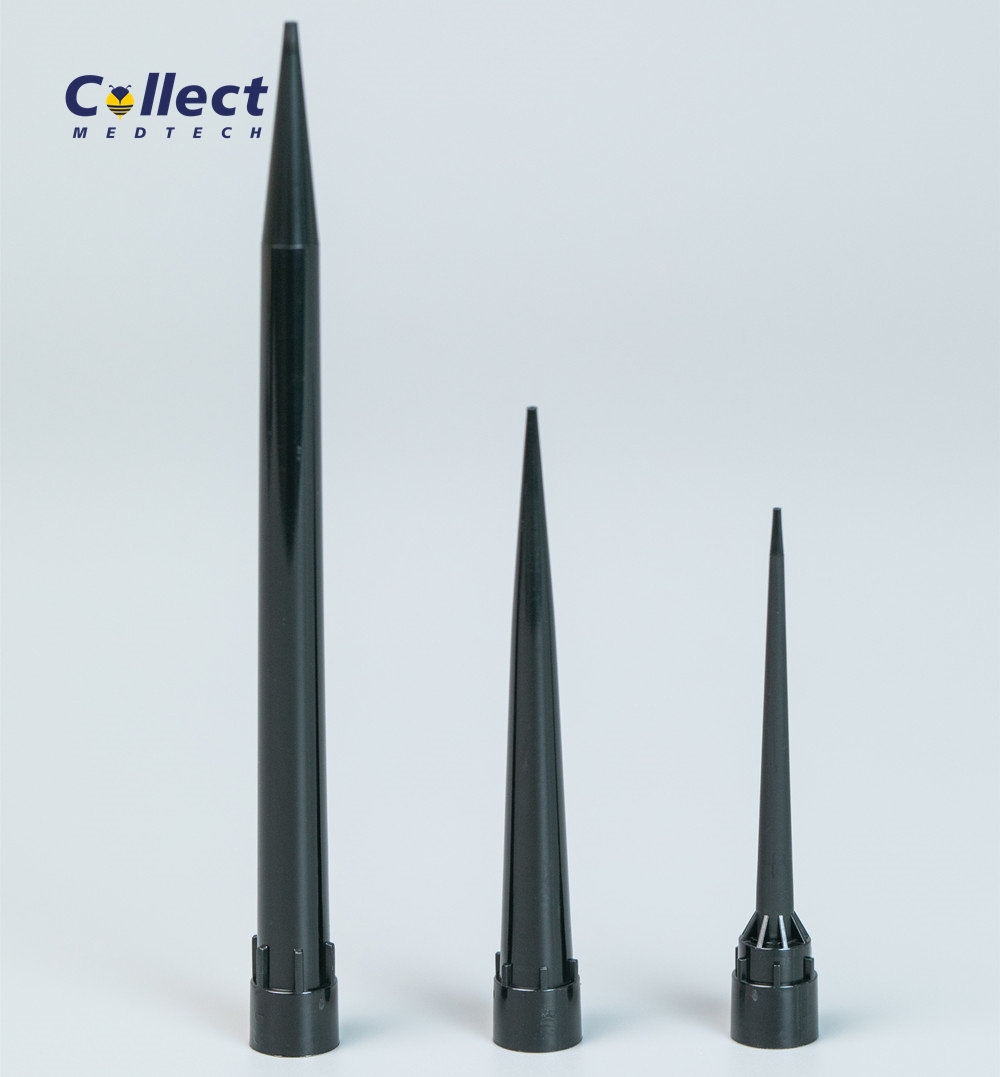A South Boston life-sciences company that relies on robotic systems to squirt small amounts of things into tiny containers is suing a company that sold it $3.3 million worth of pipette tips it says kept making its robots stop working.
Ginkgo Bioworks, headquartered on Drydock Avenue in the Raymond Flynn Marine Park, uses robot pipetting systems made by a company named Hamilton – which pump liquids through tips that are then auto-disposed so that the next batch of samples aren’t contaminated. In 2020, Ginkgo purchased thousands of cases of supposedly “Hamilton-compatible tips” from Thomas Scientific, a supplier in New Jersey, for use in “high-volume workflows” to detect the presence of Covid-19 in liquid samples.
Turns out many of the tips, manufactured in China, were not, in fact, Hamilton-compatible, Ginkgo charges in a suit it filed against Thomas yesterday in Suffolk Superior Court in Boston. Some of the tips were slightly narrower and slightly longer than real Hamilton tips, which meant the robots couldn’t properly mount them in place – or which meant the robots had problems disposing of them property, which led to tips piling up and jamming up the robots as it tried to dispose of tips from later sampling. Other tips were bent. In some cases, the tip platforms were missing tips, Ginkgo charges.
Ginkgo says it agreed to buy the tips only after testing a sample batch Thomas sent that worked fine.
But Ginkgo says the production tips it got had problems from the start. During a high-speed test of its new Covid-19 testing system on March 3, 2021, Ginkgo says, seven of its robots literally crashed, causing problems that, if left unchecked could have led to “large motor stall currents that may damage a robot’s control and motion circuitry.”
Ginkgo alleges that Thomas refused to take back all the thousands of boxes of tips Ginkgo says it’s now paying to store offsite and said it would only reimburse Ginkgo for individual tips that could be shown to be defective. But finding defective tips among the thousands of cases of tips, Ginkgo says, would prove enormously time consuming and expensive – even aside from the cost of hiring a consultant initially to try to determine the extent of the problem.
Ginkgo says it wants Thomas to pay it for the $3.3 million costs of the tips, the cost of storing them and damages and attorney’s fees.
Details are as in this link: https://www.universalhub.com/files/tips-complaint.pdf
As to our experience, GEB might have some problems on QC and moulds.
To avoid this kind of situation, laboratory should ask for a little bigger quantity of samples from different batches and moulds, to test the mass produced products’ quality.

Post time: Oct-25-2022
